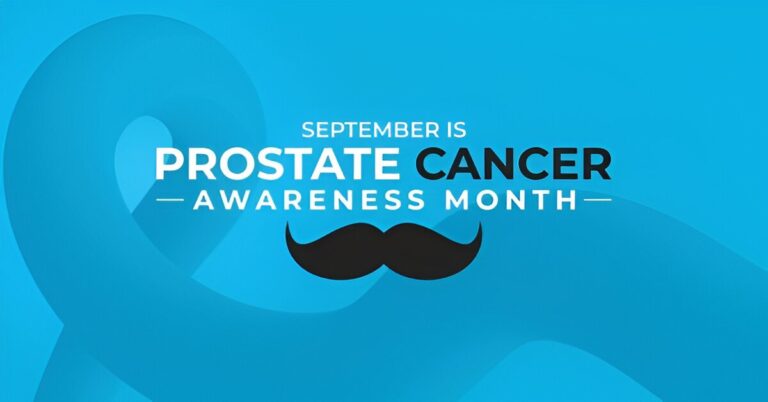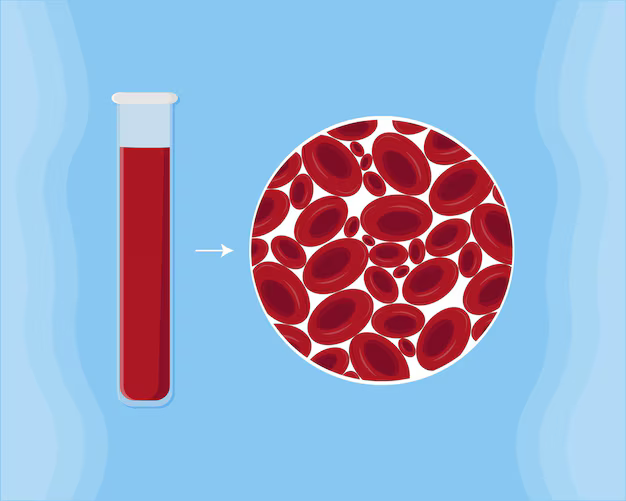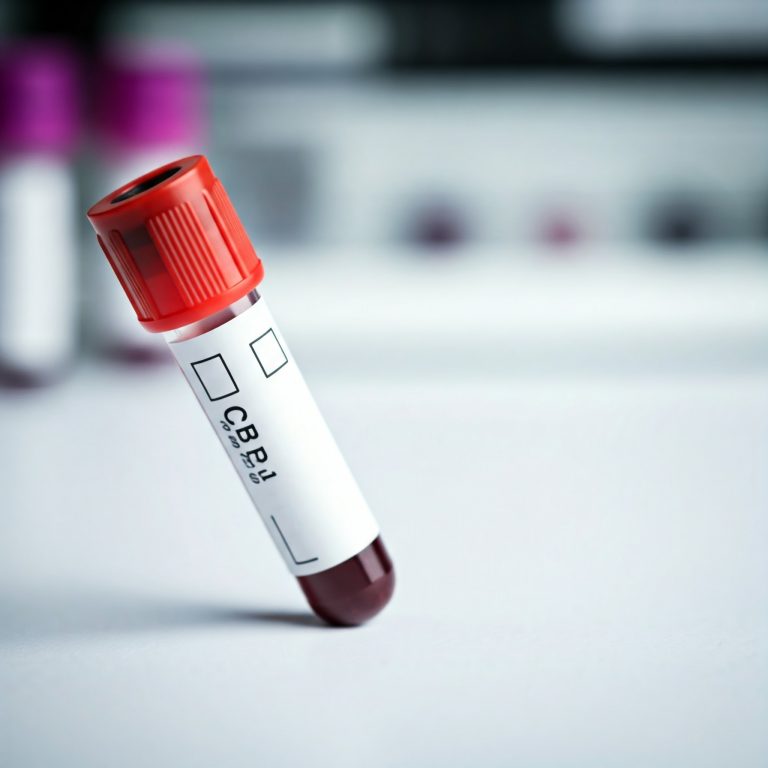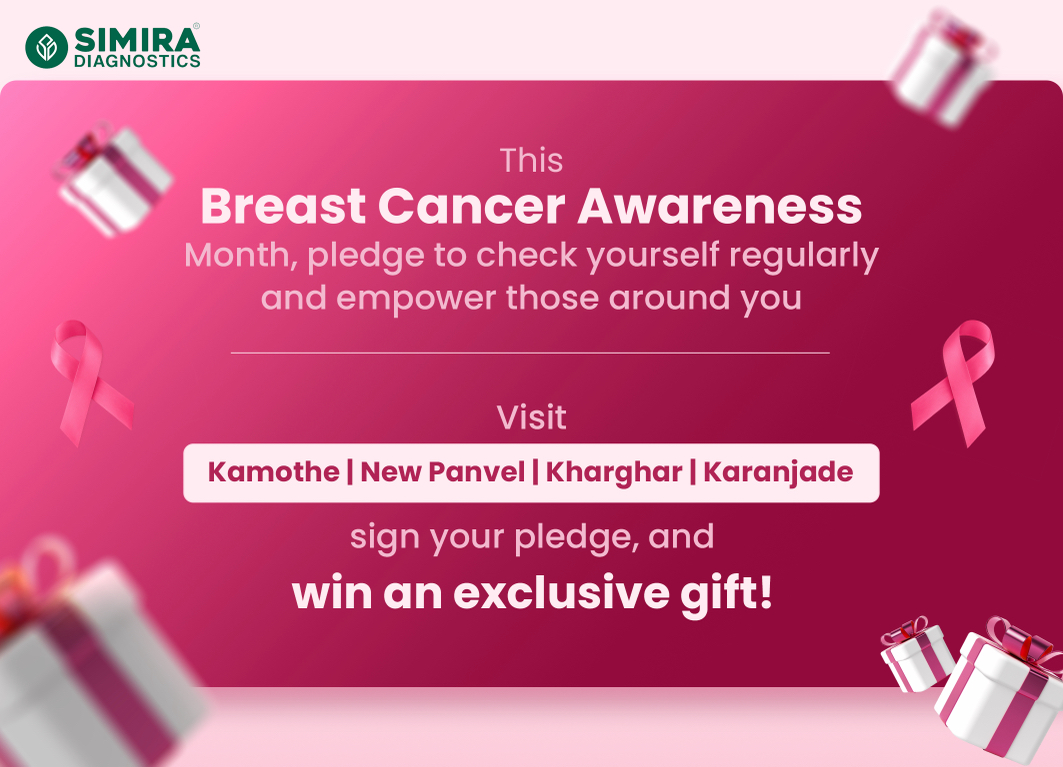Prostate Cancer Awareness Month: A Conversation Men Can’t Afford to Skip
October 01,2025

Let’s be honest, most men never think about their prostate. Out of sight, out of mind, right? But here’s the truth: ignoring prostate health doesn’t make the risks go away. That’s why every September is Prostate Cancer Awareness Month, a time to talk openly about the prostate, screenings, and what men can do to lower their risks.
Globally, prostate cancer is one of the most common cancers among men, affecting about 1 in 9 during their lifetime. These aren’t just numbers, they’re fathers, brothers, husbands, and friends. The goal of prostate cancer awareness month is to replace silence with life-saving conversations.
Why Prostate Cancer Awareness Month Matters
Awareness months exist for one reason: to shine a spotlight on diseases that are too easy to ignore. And prostate cancer awareness matters because cases are rising worldwide. In India and many other countries, longer lifespans and lifestyle changes mean more men are at risk.
Here’s the real tragedy: many deaths could be prevented with early screening and timely prostate cancer treatment. September reminds men to schedule those PSA tests, check in with their doctors, and talk openly about their health. Small steps today can add years tomorrow.
Understanding the Prostate (and Why It Matters)
The prostate may be small, but it has a big role in men’s reproductive health. As men age, the gland naturally changes, but sometimes those changes turn dangerous.
Key risk factors for prostate cancer include:
- Age (especially men over 50)
- Family history of prostate prostate cancer
- Smoking and alcohol consumption
- Obesity and poor diet
- Sedentary lifestyle
Common symptoms to watch for:
- Difficulty urinating or weak flow
- Frequent bathroom trips at night
- Blood in urine
- Pelvic pain
The problem? Early-stage prostate cancer often has no symptoms. That’s why proactive screenings are critical.
Advances in Prostate Cancer Treatment
The fight against prostate cancer looks very different today than it did a decade ago. Thanks to medical breakthroughs, men now have more treatment options and better outcomes.
Prostate cancer treatment options include:
- Surgery & Radiation Therapy: Still the gold standard for many patients.
- Hormone Therapy: Slows growth by targeting testosterone.
- Immunotherapy & Targeted Drugs: Cutting-edge options that are improving survival rates.
And the good news? Scientists are continuously working toward a cure for prostate cancer. While we’re not there yet, treatments are becoming more personalized and effective than ever before.
Prevention: Small Habits, Big Impact
We can’t control every risk factor, but lifestyle choices go a long way in protecting prostate health.
- Eat Smart: Focus on whole grains, veggies, fiber, and omega-3s. Limit processed and high-fat foods.
- Stay Active: Just 150 minutes of weekly exercise lowers your risk significantly.
- Quit Smoking: Cigarettes don’t just damage your lungs; they raise prostate cancer risks, too.
- Manage Stress: Stress hormones wreak havoc on the body. Yoga, meditation, or even a hobby can help.
This prostate cancer awareness month, think prevention first, because it’s often more powerful than treatment.
How You Can Support Prostate Cancer Awareness Month
You don’t need a medical degree to make a difference. Here’s how you can join the movement:
- Schedule your PSA screening if you’re eligible.
- Share credible information about prostate cancer awareness on social media.
- Encourage friends, fathers, brothers, and partners to prioritize their health.
- Participate in awareness walks, fundraising events, or donate to prostate cancer research.
The more we normalize conversations about the prostate, the more lives we save.
Wrapping It Up: Don’t Wait for Symptoms
Prostate Cancer Awareness Month isn’t just a campaign; it’s a reminder that silence is deadly. No man should suffer alone or wait until it’s too late.
This September, make it personal: book your check-up, talk openly with your loved ones, and support the search for a cure for prostate cancer. Because protecting the prostate means protecting futures.
Frequently Asked Questions (FAQs)
1. What is Prostate Cancer Awareness Month?
It’s a global health campaign held every September to raise awareness, encourage early screenings, and support men affected by prostate cancer.
2. Who is most at risk of prostate prostate cancer?
Men over 50, those with a family history of the disease, smokers, and individuals with poor diets or sedentary lifestyles face higher risks.
3. What are the symptoms of prostate cancer?
Difficulty urinating, frequent nighttime urination, blood in urine, and pelvic discomfort. Many men show no symptoms in early stages, making screenings vital.
4. What prostate cancer treatment options are available?
Treatment may include surgery, radiation, hormone therapy, immunotherapy, or targeted drugs depending on stage and severity.
5. Is there a cure for prostate cancer?
Early-stage prostate cancer is often highly treatable. Researchers continue working toward a long-term cure, but early detection remains the most effective way to save lives.
Reference
GLOBOCAN / WHO — Global Cancer Observatory
Prostate cancer incidence & mortality statistics worldwide.
Global cancer statistics 2022: GLOBOCAN estimates of incidence and mortality. ACS Journals+2Global Cancer Observatory
World Cancer Research Fund (WCRF)
Data on prostate cancer incidence globally (number of new cases etc.). World Cancer Research Fund
American Cancer Society (ACS)
Prostate cancer being the most commonly diagnosed cancer in males in many countries, and stats on diagnoses. American Cancer Society
National Cancer Institute (NCI) — US
Research advances in early detection and treatment of prostate cancer. Cancer.gov
StatPearls / NCIB / Medical Literature
Information on PSA screening, its pros & cons. NCBI
Epidemiologic Reviews (“Global Burden of Prostate Cancer”)
Trends over time: incidence rates, mortality, DALYs etc. PubMed
AUA/SUO / European Associations
Guidelines for early detection & screening strategies. AUA









Leave a Reply